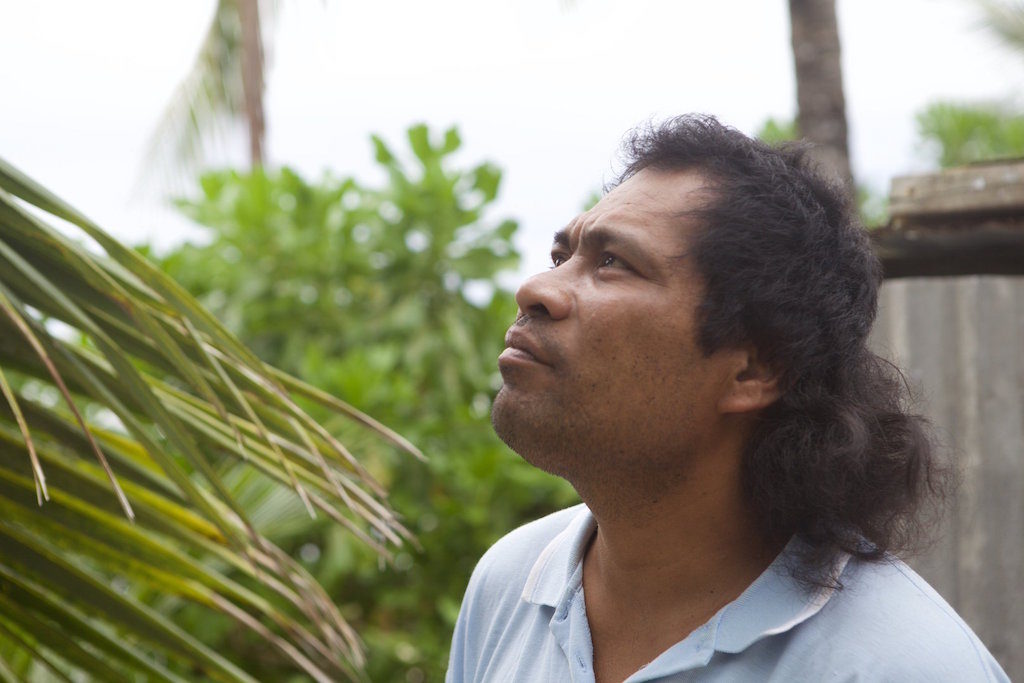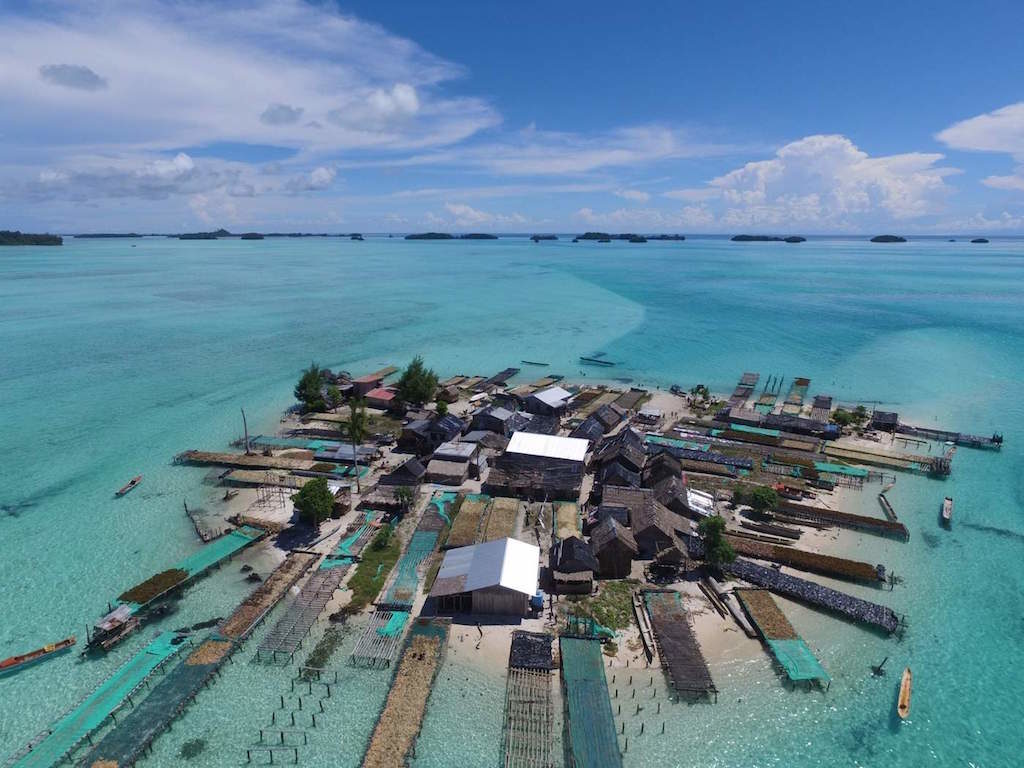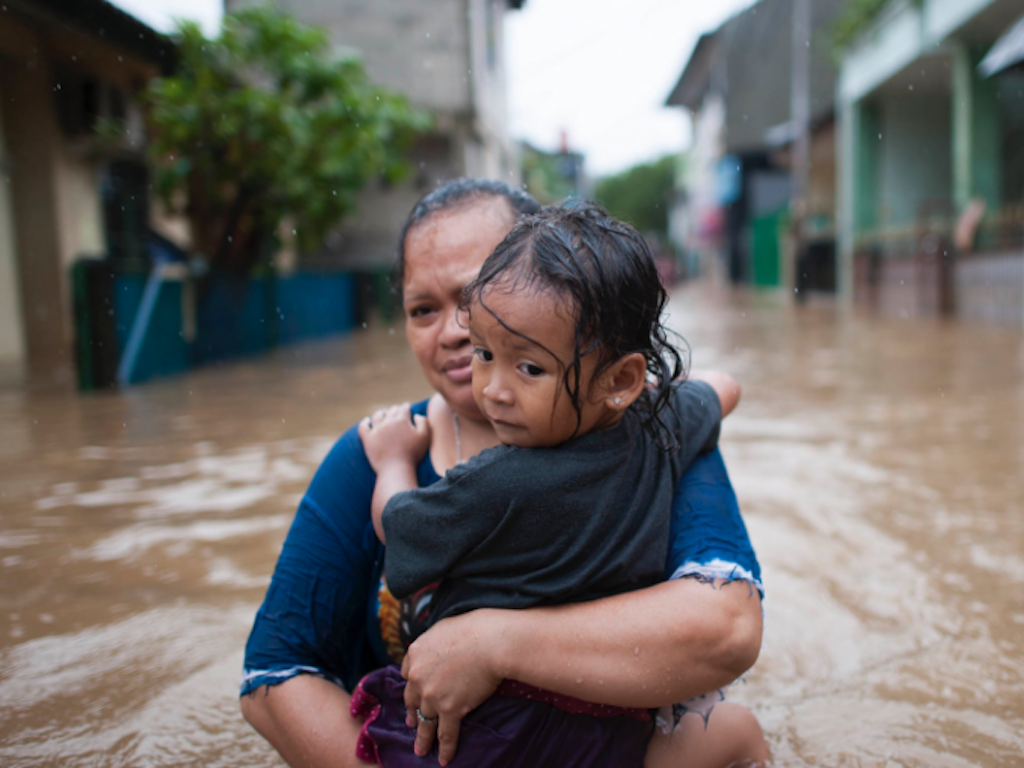3 Mins Read
A landmark ruling by the United Nations human rights committee (OHCHR) has found that it is unlawful for governments to return people back to the countries where their lives were threatened by the climate crisis. The judgement comes as scientists have repeatedly warned that our planet is at a tipping point, and experts are hoping that this will represent a legal “doorway” for future protection claims for those whose lives are vulnerable to global heating.
Climate refugees cannot be returned home by host governments, rules the United Nations humans rights committee in a landmark judgement. The ruling, which is the first of its kind, represents a legal milestone that will open up the opportunity for future protection claims for human beings whose lives and physical well-being have been put at risk due to the climate crisis. The judgement is related to the case of Ioane Teitiota, a man from the Pacific island nation of Kiribati, who applied for protection in New Zealand in 2013 claiming that his and his family’s lives were at risk.
Kiribati is considered one of the countries most vulnerable by rising sea levels as a direct consequence of global heating. As a part of the case, the human rights committee listened to the evidence of overcrowding on the island of South Tarawa, where the population has skyrocketed due to people moving in from their uninhabitable islands due to sea-level rise. In the hearing, Teitiota spoke of the lack of fresh water supplies and challenges in growing crops due to water salinity, which caused serious health issues and livelihood problems for himself and his family. In addition, Teitiota argued that because Kiribati is predicted to become completely uninhabitable within the next decade, his life was being endangered by remaining there.

Read: 300 million people will experience severe coastal flooding by 2050, with Asia most hard-hit
However, New Zealand courts rejected Teitiota’s claim for protection as a climate refugee, upholding their decision on the grounds that the time frame of 10 to 15 years before Kiribati becomes uninhabitable would allow for the island nation’s government to intervene and assist in relocating its population.
Now, in a fresh ruling by the human rights committee, it has been deemed illegal for governments to send climate refugees whose lives are threatened by the climate crisis back to their home countries. The committee ruled that the impact of climate change “may expose individuals to a violation of their rights…thereby triggering the non-refoulment obligations of sending states”.
Read: Climate crisis dominates top 5 risks in World Economic Forum report

While the landmark legal case will not be formally binding on countries, it does put in the spotlight the obligations that national governments have under international law to protect the rights of all humans and paves the way for cases of future protection for climate refugees. According to Professor of Law at the University of New South Wales (UNSW) Jane McAdam, the judgement recognises that “in the future, it could well be that governments will, under international human rights law, be prohibited from sending people to places where their life is at risk.”
In other words, the message of the case is a clear signal that national governments cannot wait until catastrophic climate disasters to immediately threaten the lives of human beings before taking action to protect climate refugees. Unfortunately, at the current pace of climate inaction, we are likely to see more people’s lives affected by the devastating impacts of climate change, especially in the Asia-Pacific region.
Lead image courtesy of World Meteorological Organisation / Climate Visuals.




